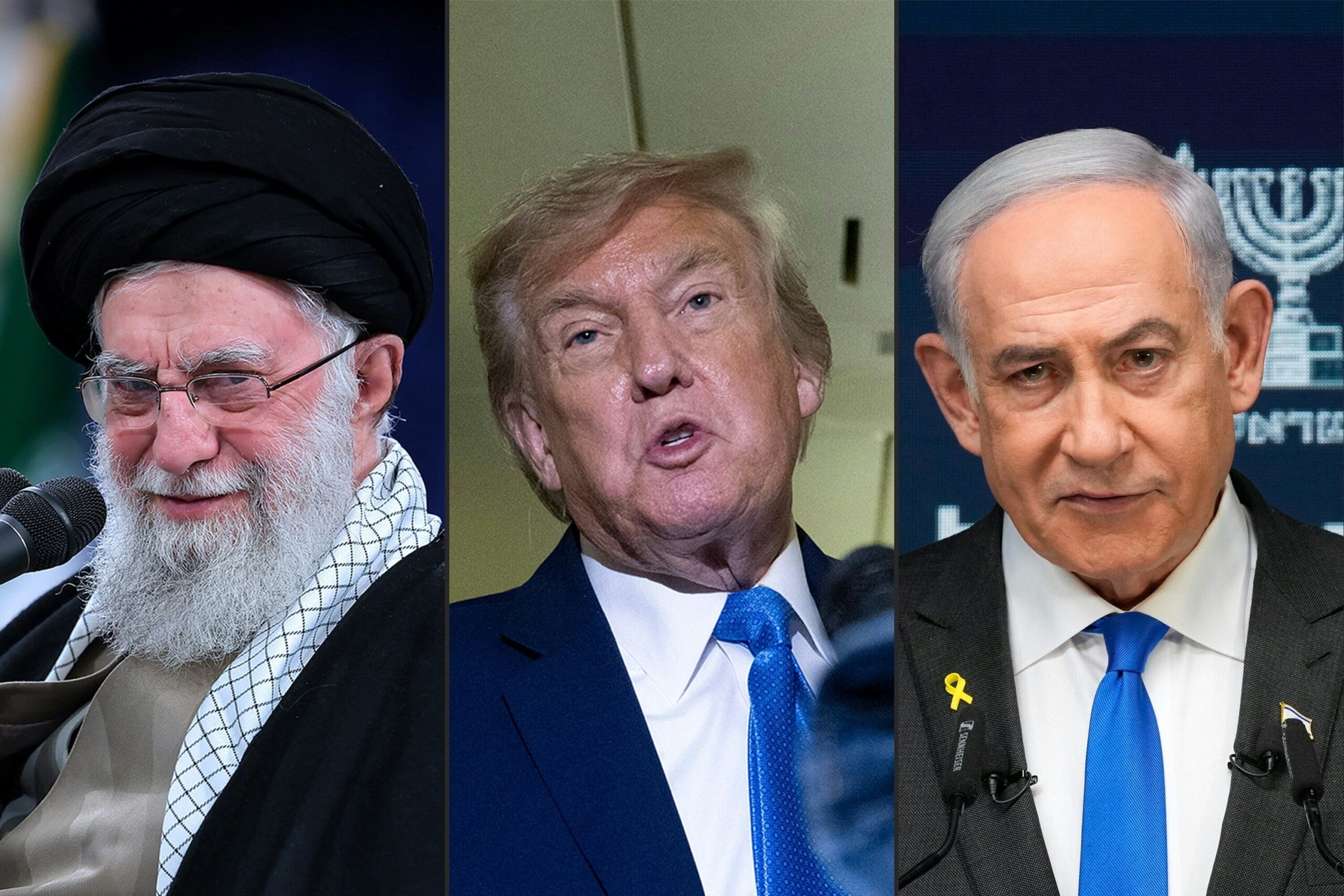In a dramatic turn of events that could shift the trajectory of the escalating Middle East conflict, former U.S. President Donald Trump has declared a ceasefire between Israel and Iran following a rapid escalation that included a missile strike on a U.S. military base in Qatar. The announcement comes amid rising tensions, global concern, and mounting pressure for diplomatic intervention.
Rising Tensions Boil Over
The latest wave of hostilities began when Iran launched retaliatory missile strikes in response to an Israeli offensive targeting key Iranian military infrastructure. In a surprise development, one of the Iranian missiles reportedly struck a U.S. installation in Qatar, resulting in injuries to American personnel and raising alarms in Washington.
This attack marked a dangerous escalation, threatening to draw the United States more directly into the conflict. While the Pentagon has yet to fully confirm the extent of the damage, officials acknowledged the seriousness of the incident and began high-level consultations with regional allies.
Trump’s Ceasefire Push
Seizing the opportunity to reassert his influence on the global stage, Donald Trump took to the media and social platforms to declare that he had brokered a ceasefire between the two longtime rivals. The former president claimed to have been in direct contact with leadership figures from both nations and described the agreement as “historic and essential to preventing full-scale war.”
Trump’s unexpected move was met with mixed reactions. Supporters hailed it as a bold step toward peace, while critics questioned both the legitimacy of the agreement and his current authority to negotiate international diplomacy. Nonetheless, the announcement has brought a temporary halt to further strikes, providing a fragile window for diplomatic de-escalation.
Regional and Global Reactions
The ceasefire, while tentative, has been welcomed by various international actors. European diplomats called for an emergency meeting of the UN Security Council to formalize peace efforts, while Gulf nations urged restraint and dialogue. Israel has yet to publicly confirm its acceptance of the ceasefire, though military operations have reportedly paused in the last 24 hours.
Iranian officials have been more cautious in their language, suggesting that while they are open to dialogue, any further threats to their sovereignty would be met with a “forceful and immediate” response.
A Volatile Future
While Trump’s ceasefire declaration may have temporarily defused the situation, the Middle East remains a powder keg. The attack on the U.S. base in Qatar has added a dangerous new dimension to the crisis, and any misstep could reignite hostilities.
Diplomatic channels are now working overtime to stabilize the situation and establish a more formal ceasefire agreement, ideally under the oversight of neutral international mediators.
The world watches closely, hoping that cooler heads prevail and that this ceasefire marks the beginning of a broader peace process, rather than a brief pause before another surge in violence.
















Leave a Reply